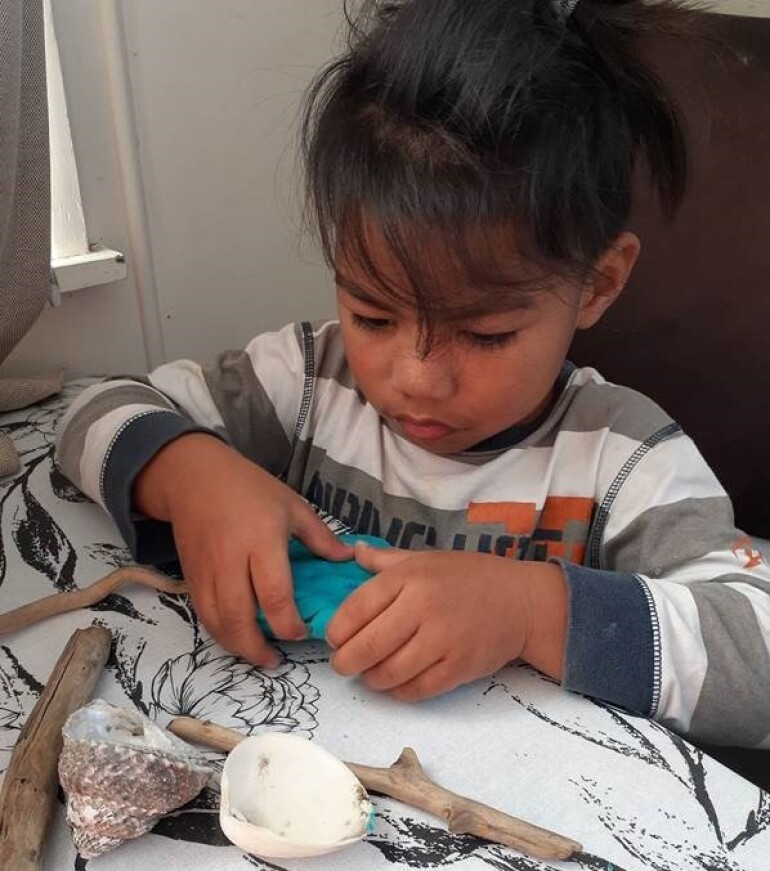News And Events

Sensory Messy Play
12 February 2024Sensory play comes from activities that involve the senses – sight, touch, sound, taste, smell. Many of the more tactile sensory play activities are also referred to “messy play” as they enable the child to have the freedom to get a bit messy while also having fun!
Messy play can help children to:
- relax – it is a very soothing activity;
- experiment with and explore the properties of the solutions e.g. does it hold its shape or pour or run? What happens when substances combine?;
- learn about colour mixing, patterns, design, texture and rhythm;
- develop hand-eye coordination and practise pouring, measuring, mixing, scooping and beating skills.
Adults can support children by:
- joining in to show them it’s okay to get messy;
- telling stories and using chants, rhythms, songs and music while playing;
- encouraging them to tell stories and sing while playing;
- not worrying about them getting messy – dress them in old clothes and aprons and be excited they are learning from being messy;
- watching younger ones to prevent them from getting the solution in their eyes;
- encourage experimentation;
- use descriptive words such as slimy, runny, soft, warm, lumpy, wet.
Providing for messy play:
Make sure there’s enough room for messy play, and try and keep the messy play area away from the other equipment. Give children a flat, smooth surface to work on; low tables or water baths/troughs are ideal for group play. Children can be provided with individual trays for more individual experiences. It is good to set up a place close by for hand-washing. Lining the floor or providing messy play outside can make cleaning up easier. Rhythmic music and messy play go together nicely.
Ideas for equipment:
The great thing about messy play is that little additional equipment is necessary – children use their hands and fingers, feet and bodies to experiment with. Assorted mark-makers can be introduced. Try anything that might make an interesting pattern: brushes with different strength bristles, cardboard scrapers – flat or with patterns cut into the bottom – natural materials such as leaves, twigs, stones, flowers.
Benefits of messy play:
Sensory play allows children the freedom to explore, discover and wonder at the world around them. These unstructured learning opportunities encourage children to hypothesise and use language to describe the sights, sounds, feelings and sensations they experience.
As children engage in the process of sensory exploration, they can use their imagination, develop fine motor skills used for prewriting, socially interact with others, and gain theories about how the world around them works.
Information from Ministry of Education


